20 years ago this month, Charles Neal co-edited Pink Therapy in the UK--a comprehensive guide that would become an indispensable source for therapists and counselors working with LGBTQ people in Europe and beyond.
In light of the anniverary, the counselor and educator spoke with Gay Star News, specifically focusing on the overarching themes he's encountered in counseling members of his community and how he got into it in the first place.
"I wasn't planning to be a therapist particularly, but I did this course and I started doing both education and therapy work," says Neal. "As soon as I joined the profession, I was shocked and appalled by the state of LGBT rights within it."
Neal mentions the stigma not only surrounding members of the gay community seeking treatment for mental health issues, but also how once treatment is sought, the chosen method is often not in the patient's best interest. Before compiling the progressive and valuable information found in Pink Therapy, Neal refers to the LGBTQ mental health landscape in 1990s UK as "the Dark Ages." "It was really the very first book in Europe about treating sexual minorities positively, in terms of counseling and therapy."
The first Pink Therapy edition spawned two later volumes, and also led to the founding of the Pink Therapy organization--a network of counselors and therapists sharing knowledge and expertise in helping LGBTQ people coming up against mental health issues. The book also paved the way for other groundbreaking works, such as Alan Downs' The Velvet Rage, published 10 years later. Neal shares an observation from his own experience that is stressed in his book:
"There is a tendency, especially among gay men, to have to be "up," to have to be having fun, to have to be having loads of sex and have to be happy about your life, and it becomes difficult, even with friends, to open up and say 'everything isn't hunky dory and I'd like to talk about things'."
He continues:
"Many mental health problems - and some are statistically more widespread--mostly result from internalizing oppression, either as anxiety, depression or low self-worth. In our culture in particular, this can also lead to compulsions such as drug and alcohol related illnesses, 'chemsex,' body image problems, self-harming or other destructive behaviors."
The main tool that individuals can and should use to help them against these difficulties, explains Neal, is our sense of community.
"I ran a gay and bi men's therapy group for over 20 years. One of the things that they all said was that it was such an amazing relief to be in a room with other people who have been through the same issues, struggling with their identity and coming out, feeling down and depressed. It was important to find that other gay men felt the same and we were all in it together."


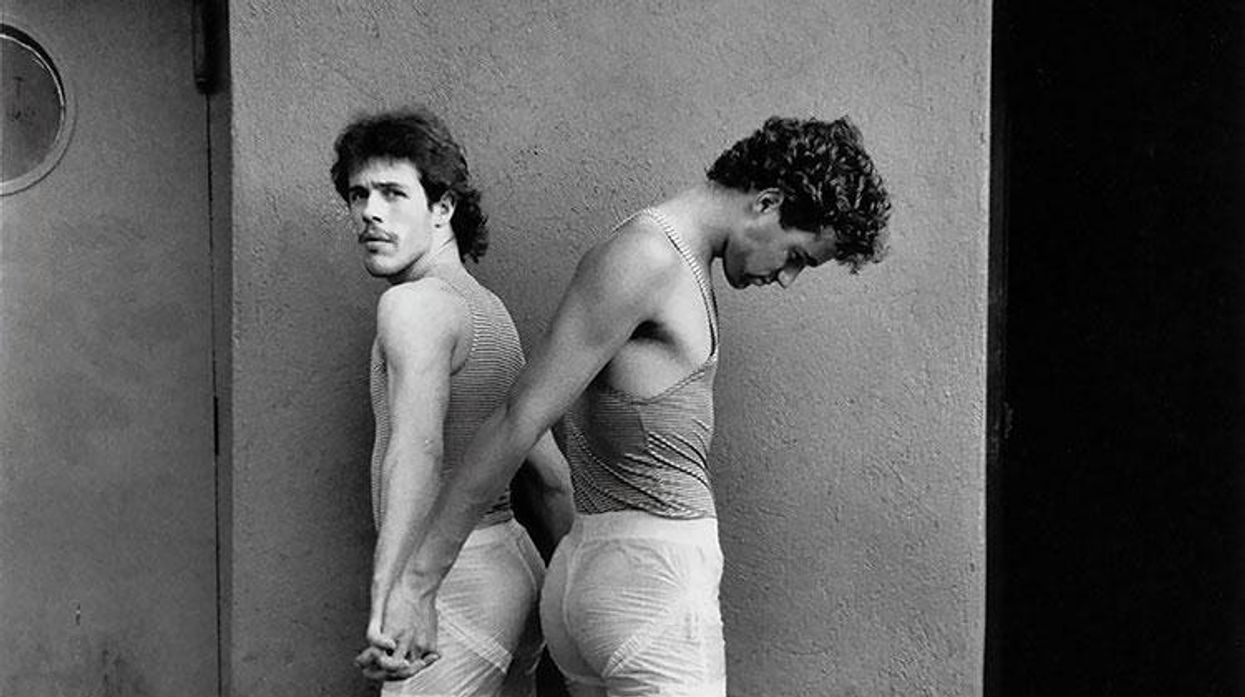
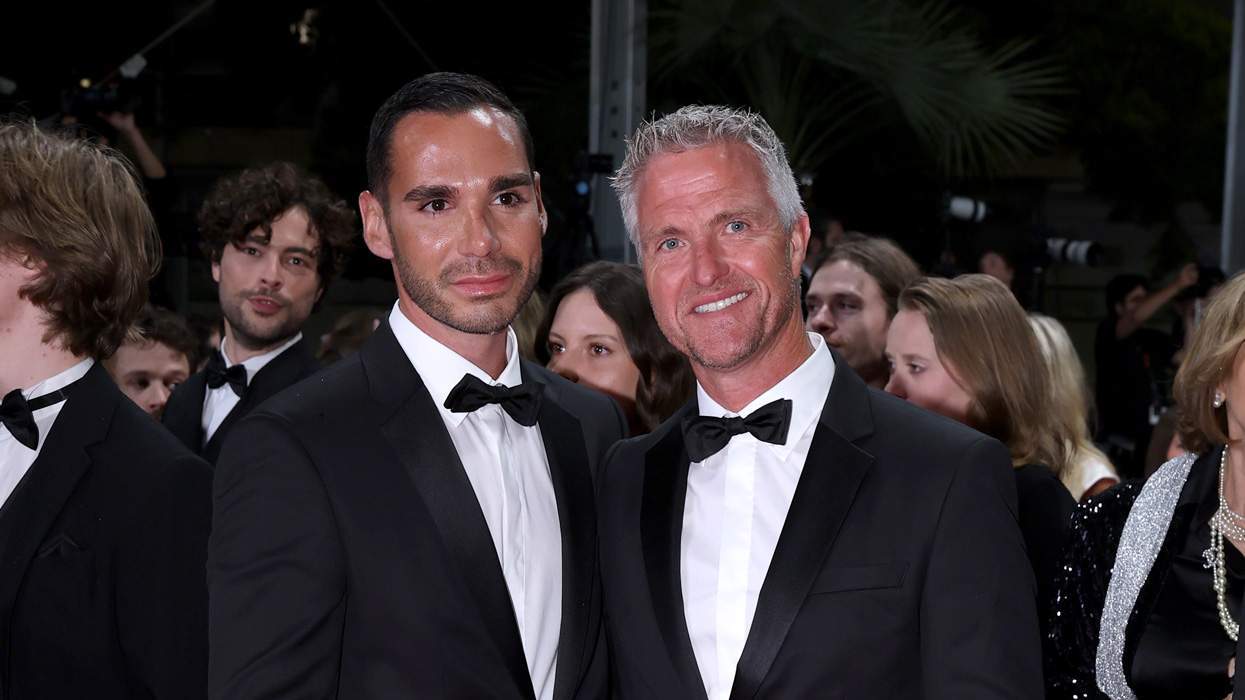



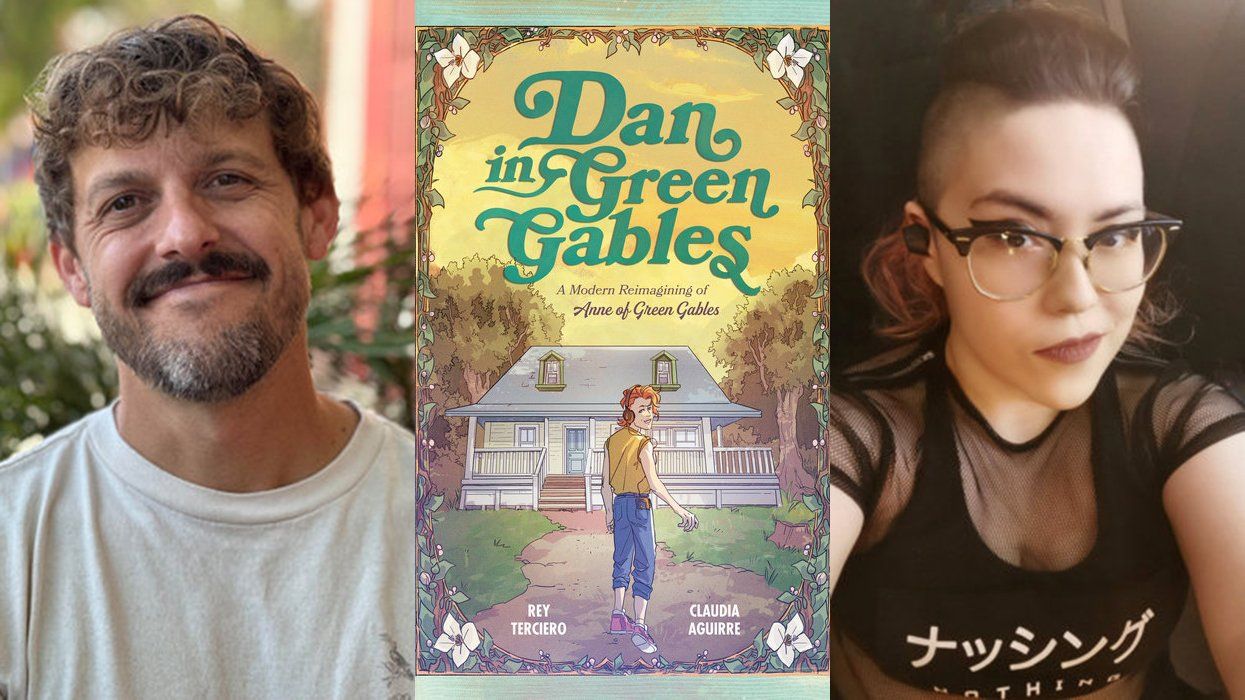


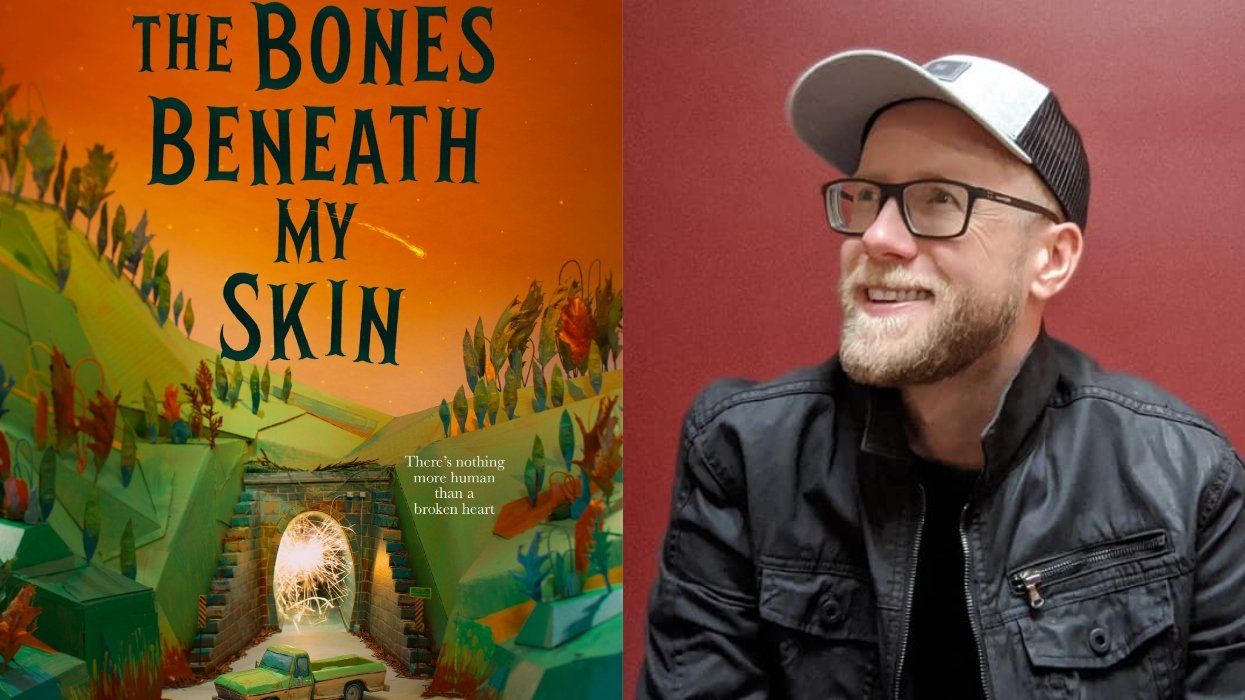
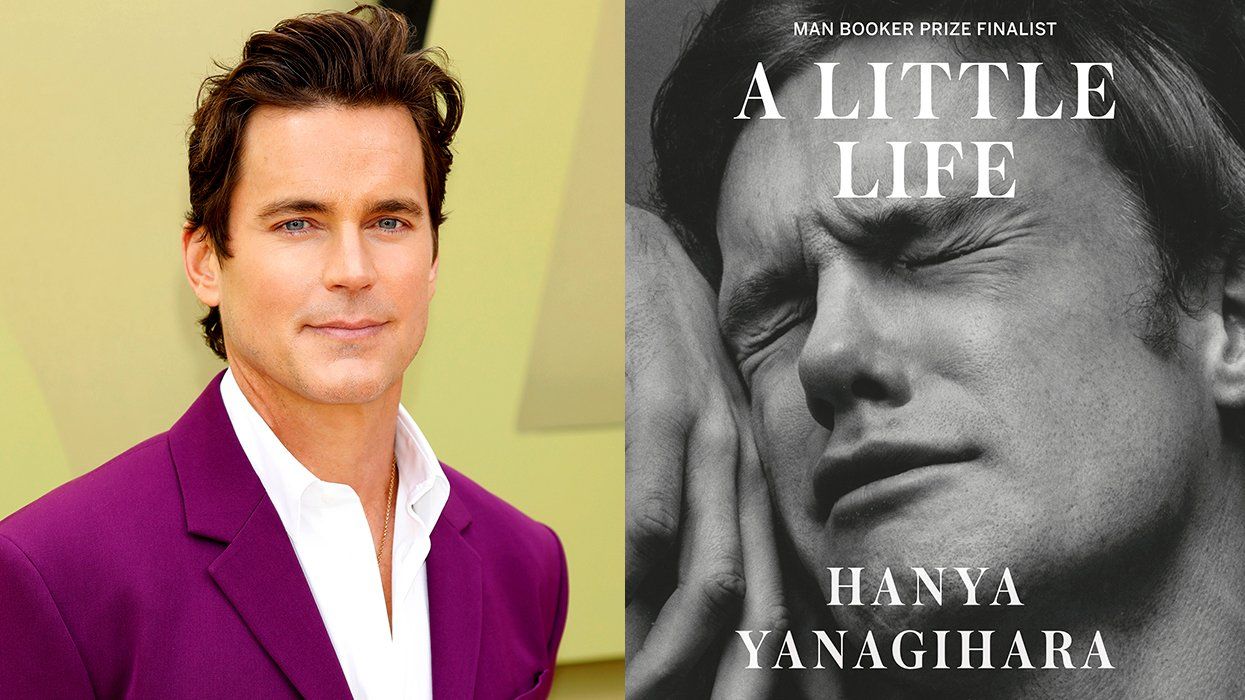






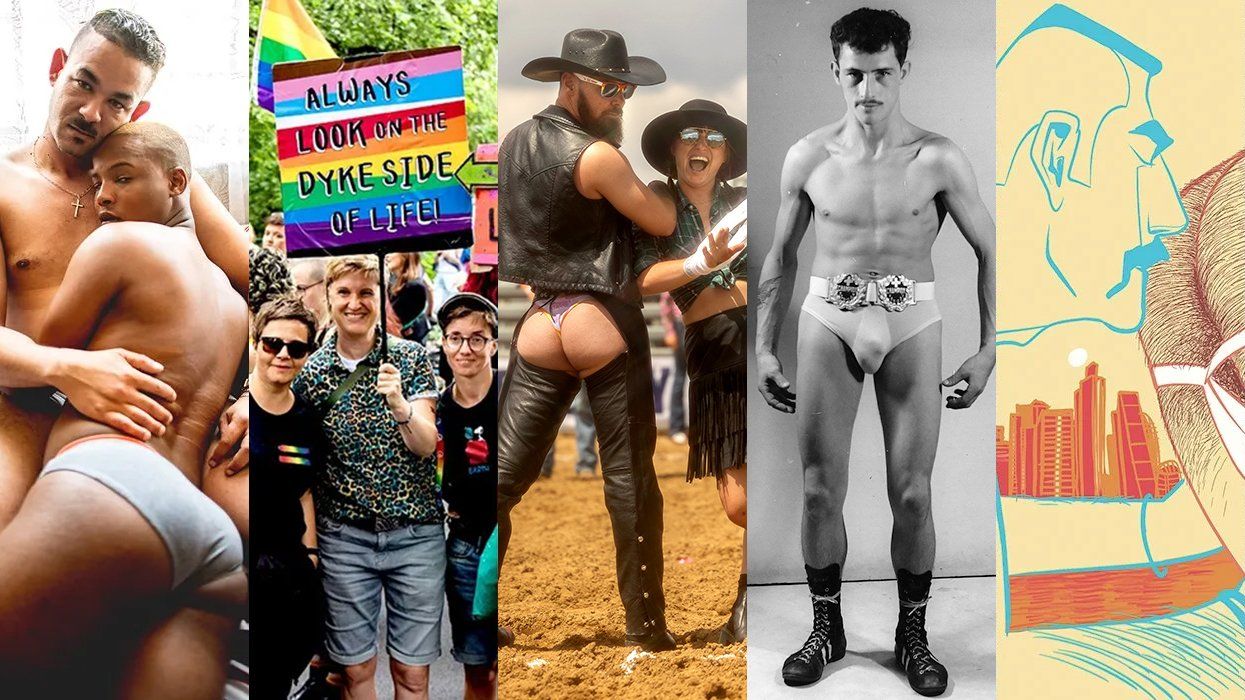
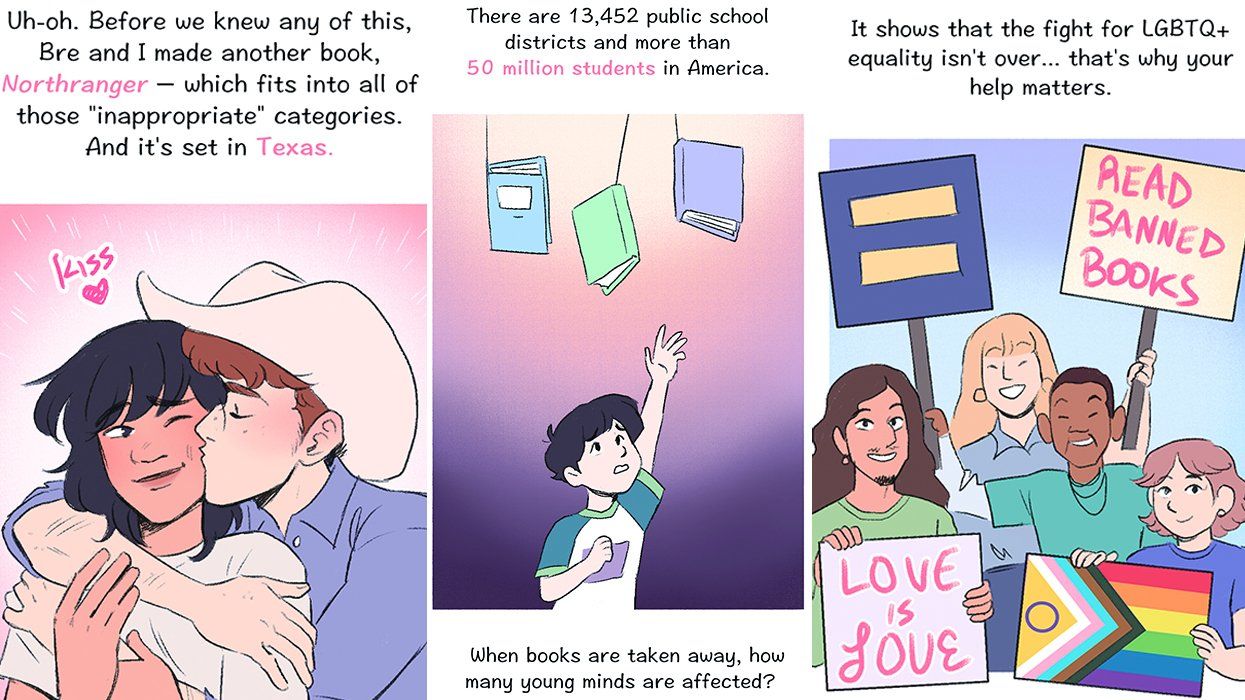
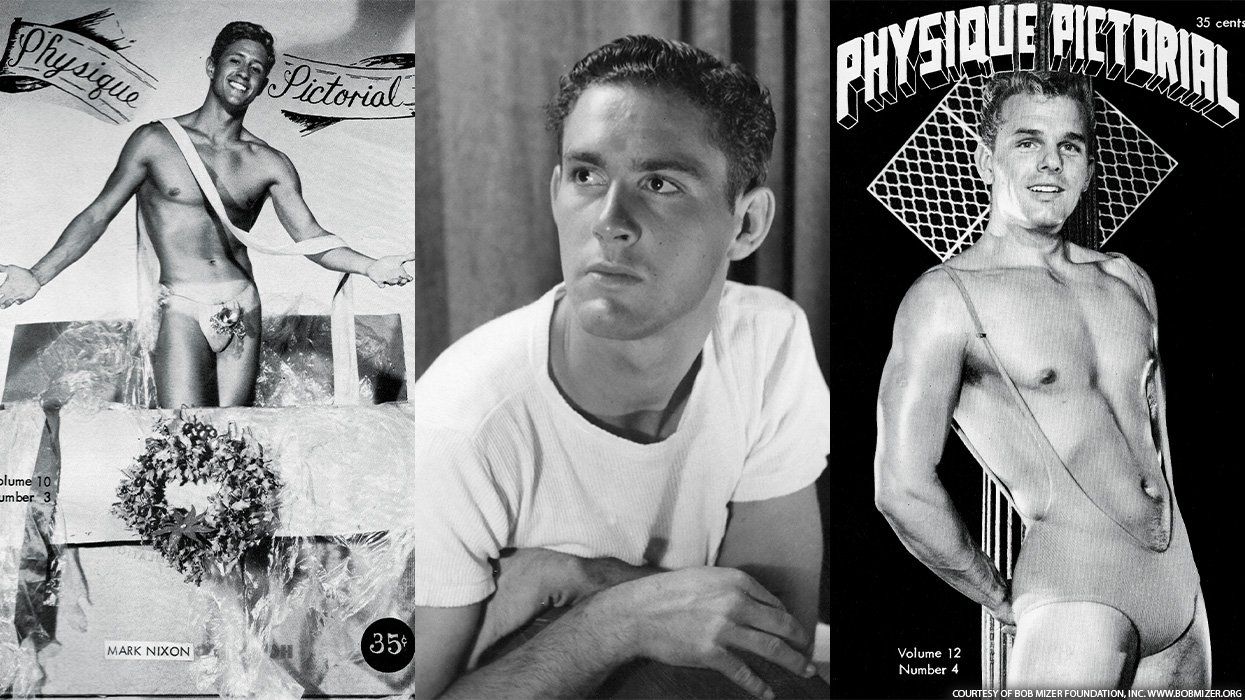
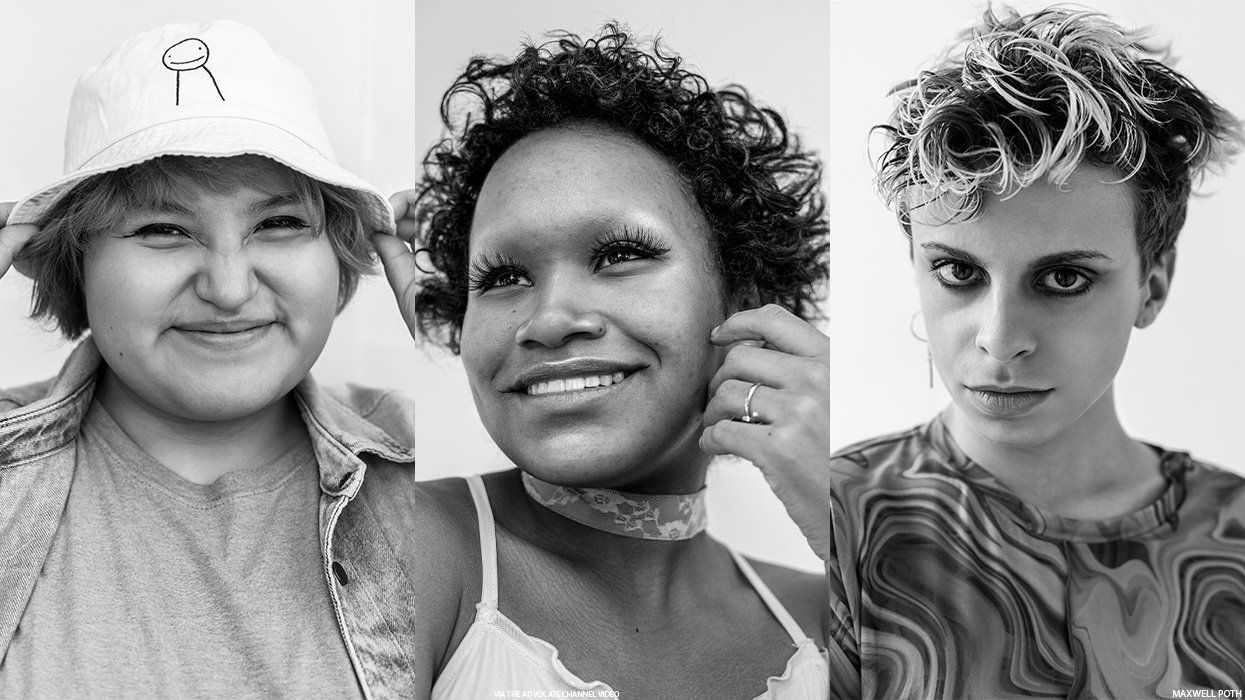
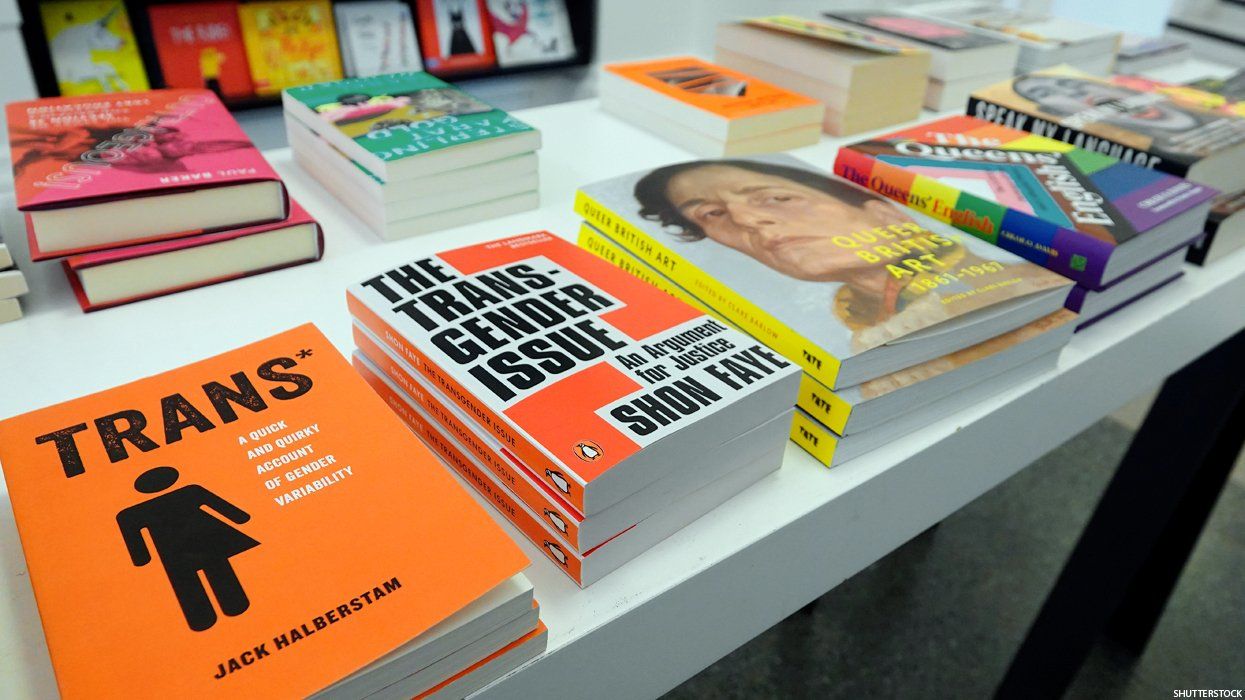
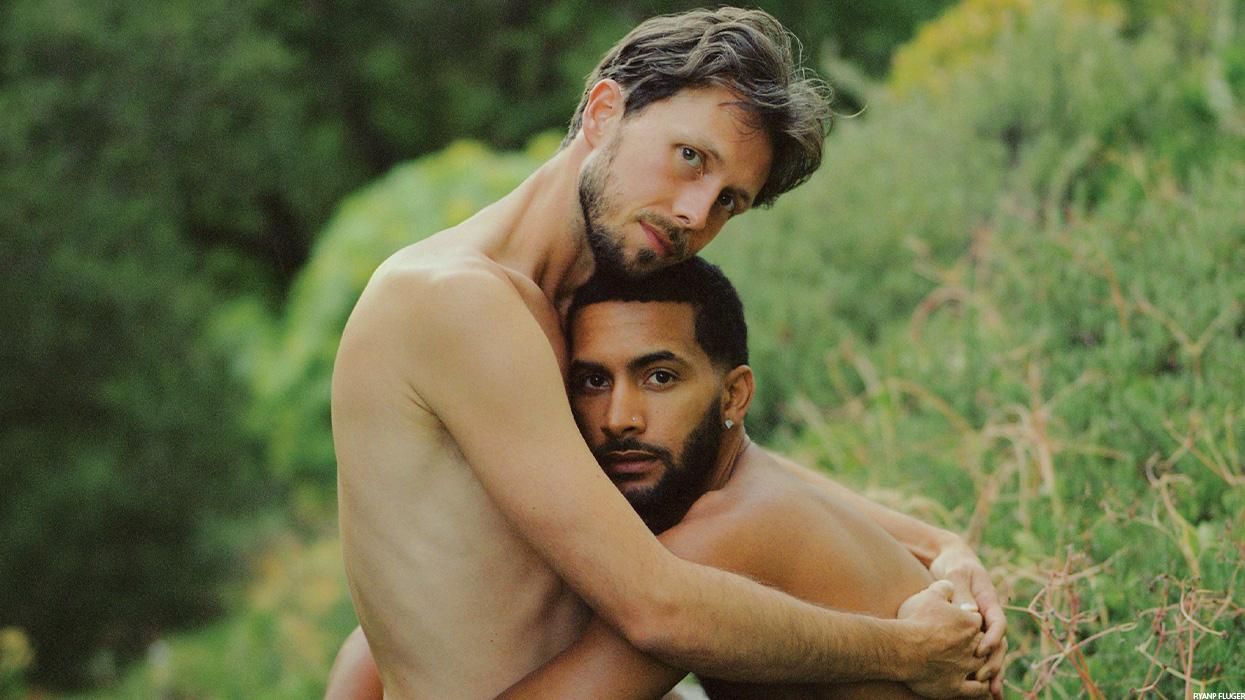
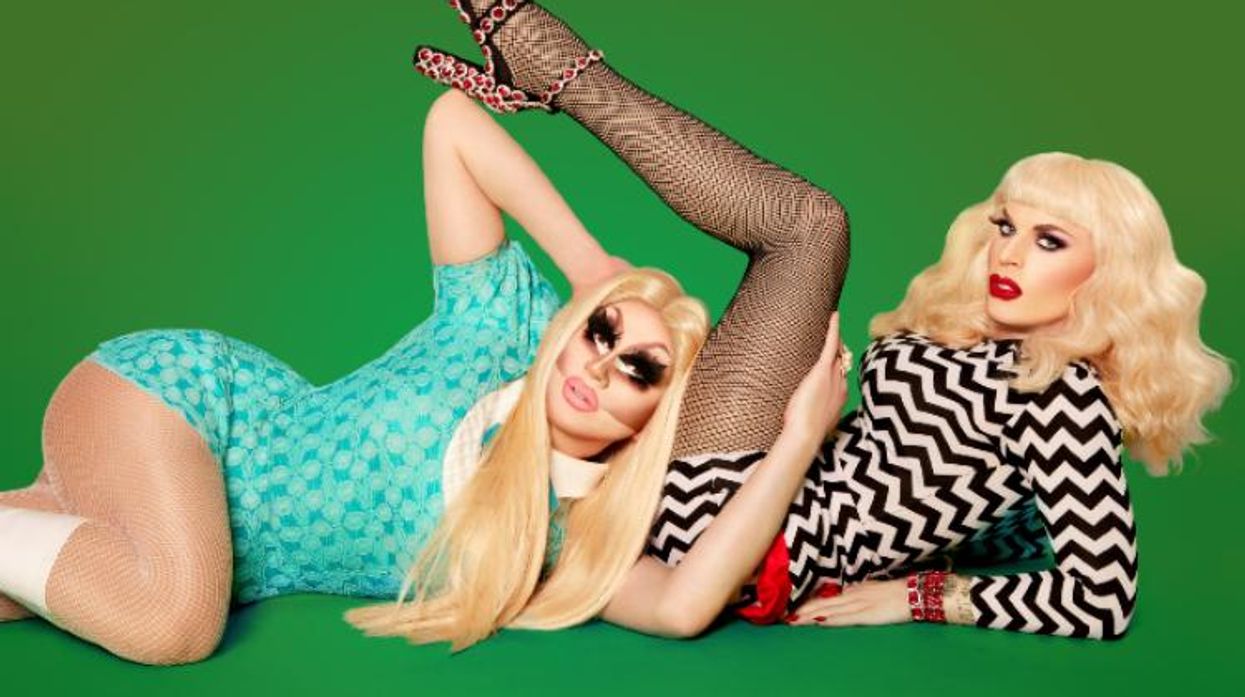

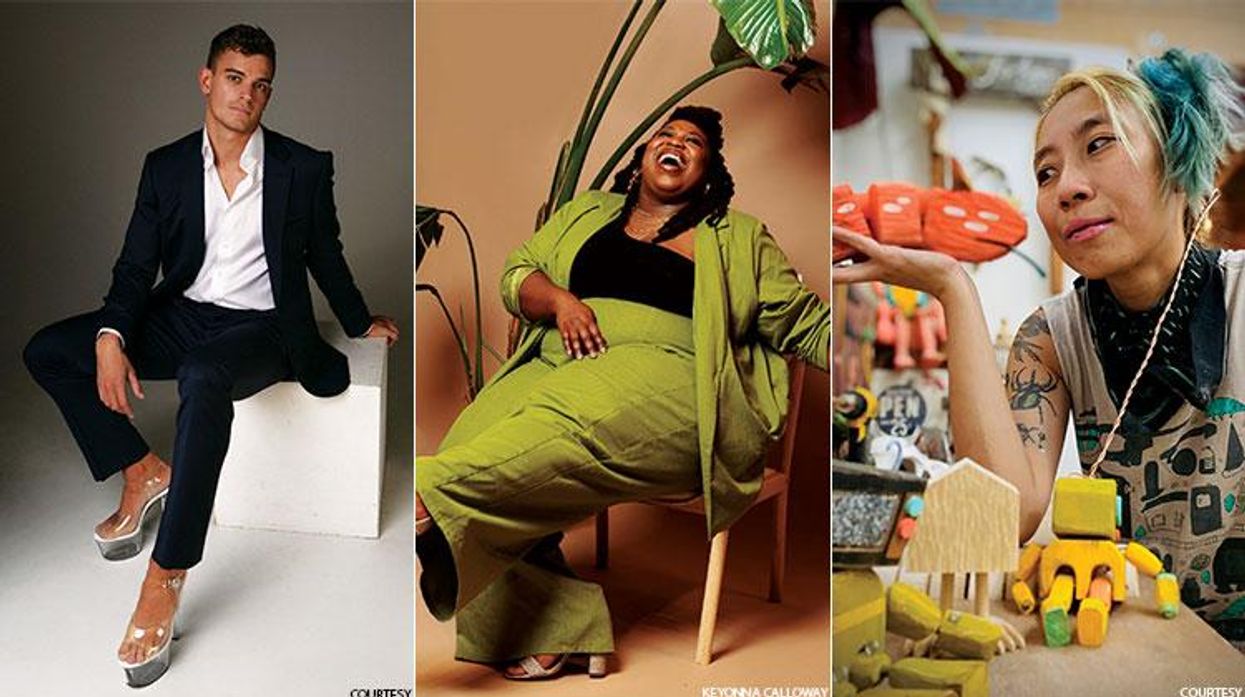



I watched the Kid Rock Turning Point USA halftime show so you don't have to
Opinion: "I have no problem with lip syncing, but you'd think the side that hates drag queens so much would have a little more shame about it," writes Ryan Adamczeski.